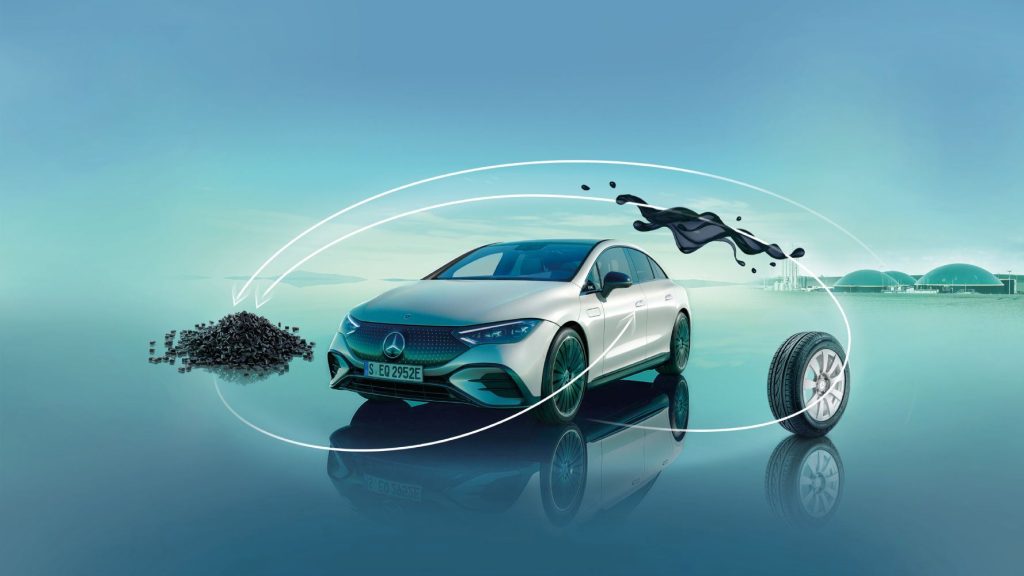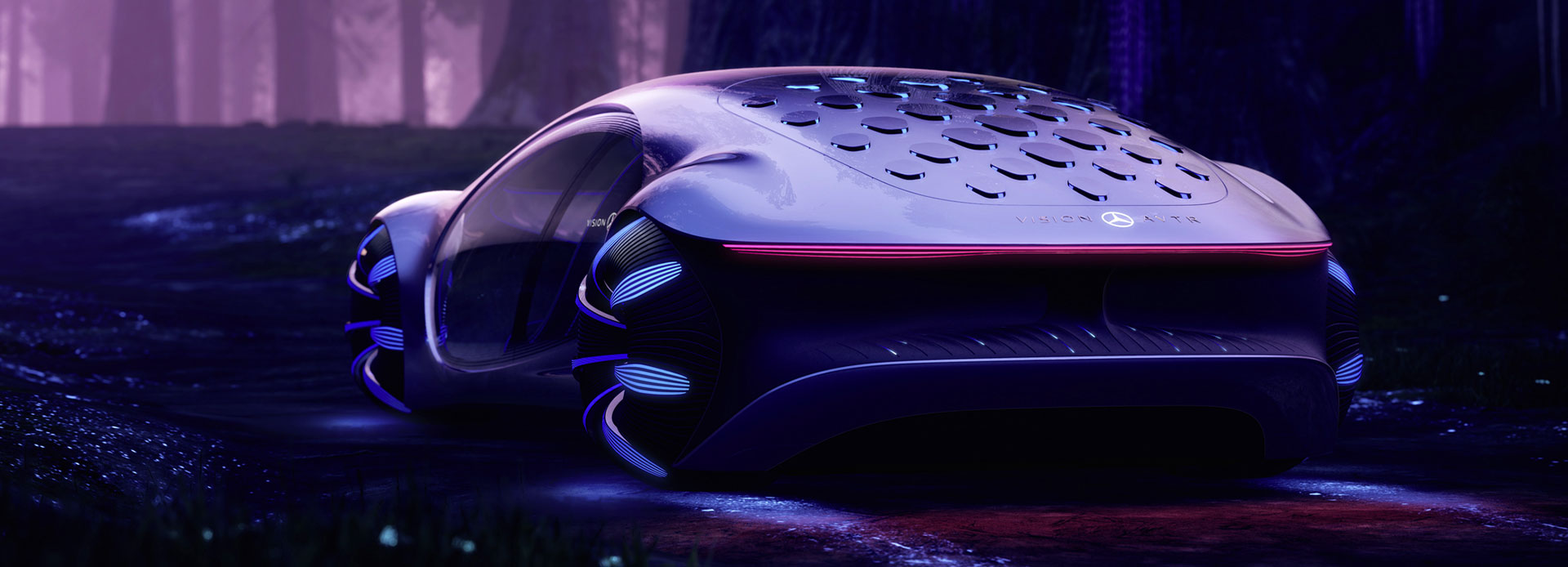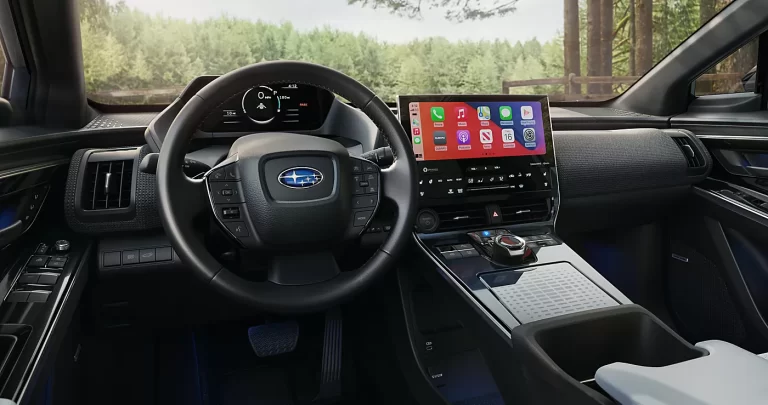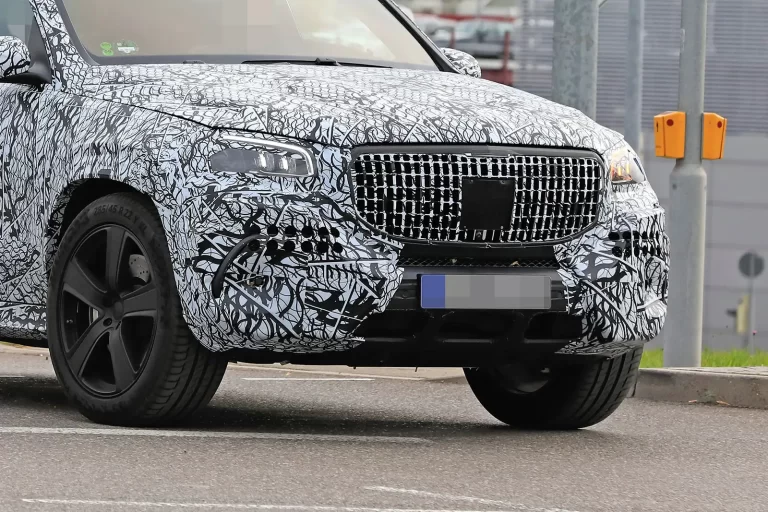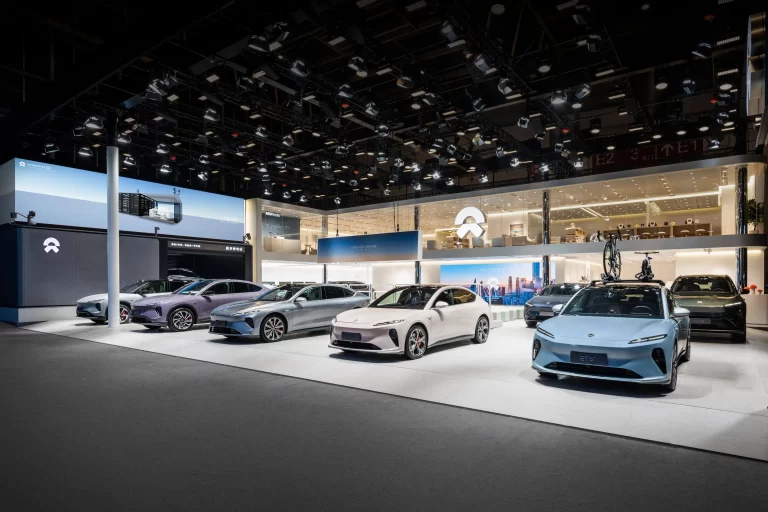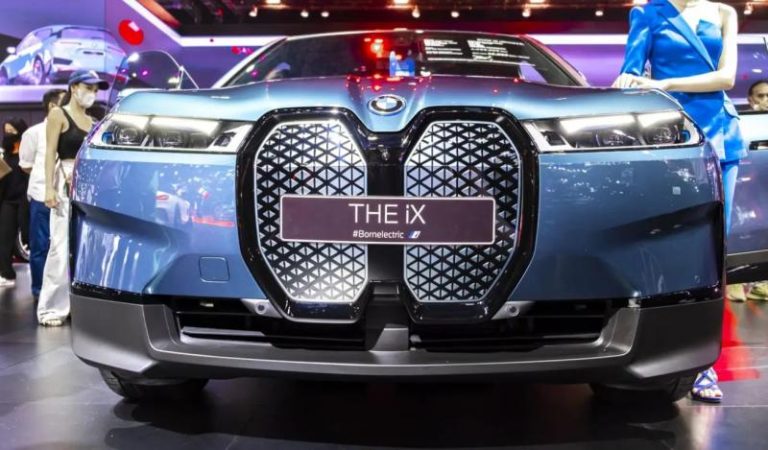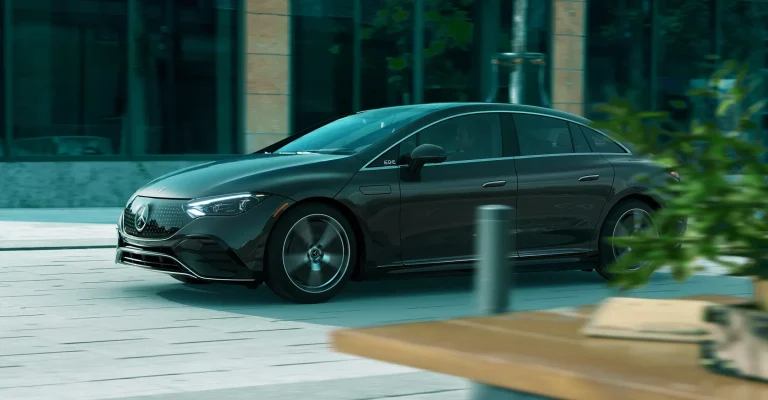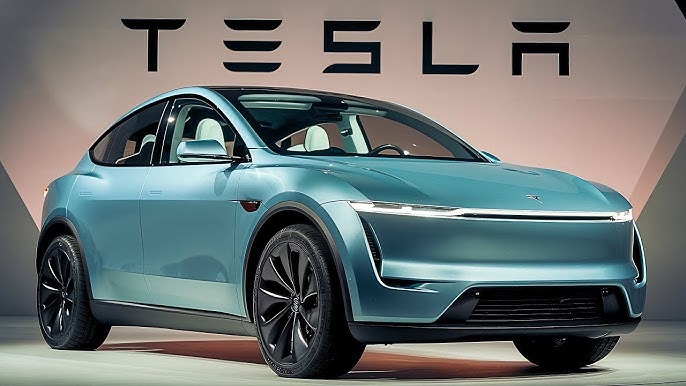Ultra Modern Technologies of Mercedes-Benz
- “Hey Mercedes, turn on the seat massage.”
- “Navigate me to the nearest charging station.”
The AI continuously improves through machine learning, making interactions smoother and more intuitive.
Over-the-Air Software Updates (OTA)
Mercedes-Benz ensures that its vehicles remain up-to-date with the latest software improvements wirelessly, eliminating the need for dealership visits for software updates.
Digital Key & Biometric Authentication
With the Mercedes Digital Key, drivers can unlock and start their car using their smartphone or biometric authentication (fingerprint/face scan).
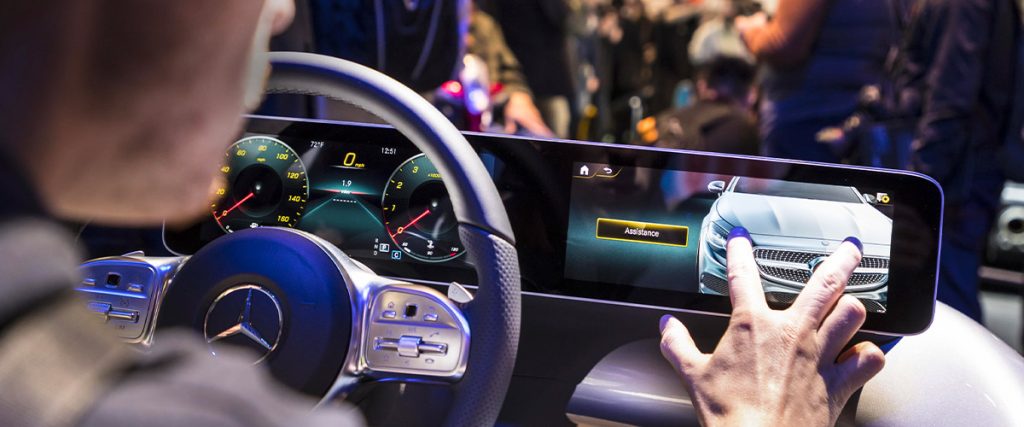
3. Autonomous Driving and Safety Systems
Drive Pilot – The World’s First Certified Level 3 Autonomy
Mercedes-Benz is the first automaker to receive Level 3 autonomous driving certification in Germany and the US. Features include:
- Hands-free driving at speeds up to 130 km/h.
- Real-time traffic adaptation using LIDAR, radar, and HD maps.
- Automated lane changes and overtaking maneuvers.
PRE-SAFE® – Predictive Safety Systems
PRE-SAFE® anticipates accidents before they happen by:
- Tightening seat belts and adjusting seats to minimize injury risk.
- Emitting a protective sound to prevent eardrum damage in crashes.
- Closing windows and sunroofs for added structural rigidity.
Active Distance Assist DISTRONIC
This advanced adaptive cruise control maintains a safe following distance, automatically adjusting speed based on traffic flow.
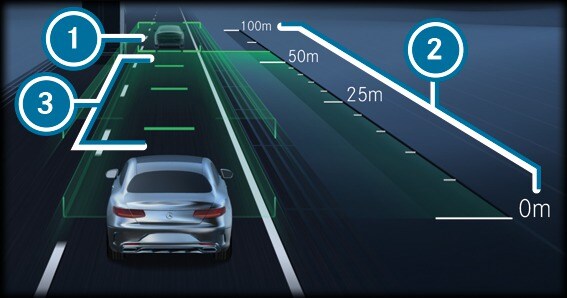
4. Innovations in Aerodynamics and Structural Materials
Active Aerodynamics – Intelligent Airflow Management
Mercedes-Benz integrates active aerodynamics in models like the EQS and AMG GT, featuring:
- Active grille shutters – Adjust airflow dynamically for cooling and efficiency.
- Rear-wheel air curtains – Reduce turbulence, improving fuel economy.
- Adaptive spoilers – Adjust to reduce drag or increase downforce.
Lightweight Construction – Strength Meets Efficiency
Mercedes-Benz uses:
- Aluminum-intensive platforms – Reducing weight while maintaining strength.
- Carbon fiber-reinforced plastics (CFRP) – Used in AMG models for ultra-lightweight durability.

5. Advanced Engines and Transmissions
EQ Boost – Mild Hybrid Technology
Mercedes-Benz integrates 48V hybrid technology into its gasoline engines, improving:
- Fuel efficiency by up to 20%.
- Instant torque boost without turbo lag.
AMG E PERFORMANCE – Plug-in Hybrid Supercars
The AMG GT 63 S E Performance combines:
- 4.0L twin-turbo V8 + electric motor, producing 843 hp.
- 0-100 km/h in just 2.9 seconds.
- Fully variable all-wheel drive for maximum performance.
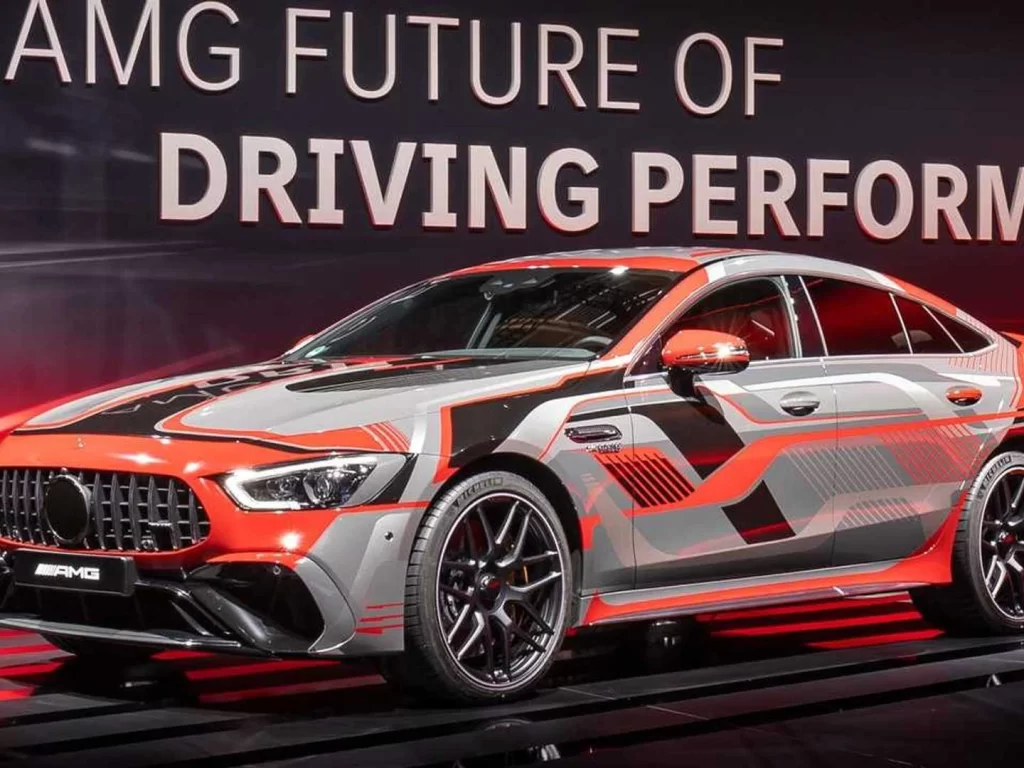
6. Suspension and Handling
E-Active Body Control – Next-Gen Adaptive Suspension
Mercedes-Benz introduced E-Active Body Control, capable of:
- Leaning into corners like a motorcycle for enhanced stability.
- Adjusting each wheel individually for optimal comfort and performance.
Rear-Axle Steering
Rear wheels turn up to 10 degrees, improving:
- Maneuverability at low speeds.
- Stability at high speeds.
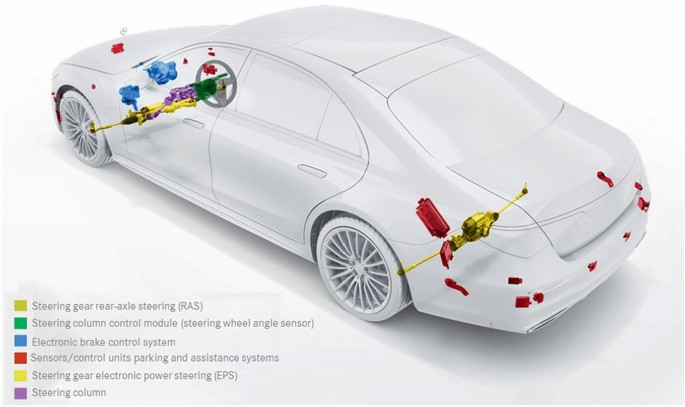
7. Advanced Materials in Mercedes-Benz Manufacturing
Carbon Fiber-Reinforced Plastic (CFRP) – Ultimate Lightweight Strength
Used in:
- AMG performance models – Reducing weight while increasing stiffness.
- High-performance chassis components – Improving handling and safety.
Aluminum Hybrid Body – Strength Without Weight
Benefits:
- 30% weight reduction compared to steel.
- High corrosion resistance, extending vehicle lifespan.
Magnesium Components – Ultra-Light Engine Design
- Used in AMG engines, reducing weight by 30% compared to aluminum.
Sustainable Materials – The Future of Eco-Friendly Luxury
- Recycled plastics & natural fibers in the EQS interior.
- Leather alternatives made from sustainable sources.
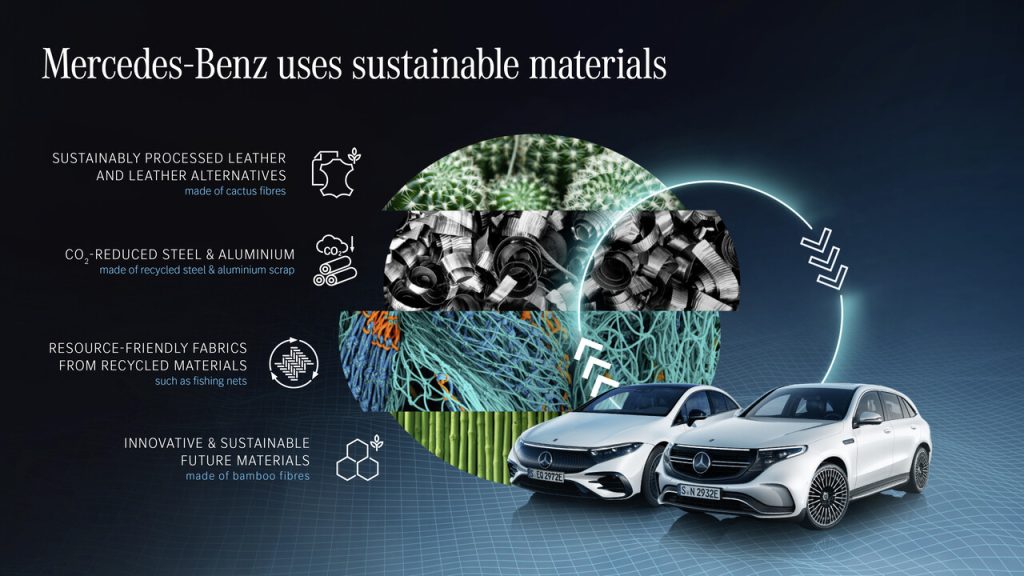
Conclusion
Mercedes-Benz remains at the forefront of automotive innovation, leading the way in electrification, AI, autonomous driving, and advanced materials. Whether you seek luxury, performance, or sustainability, Mercedes-Benz delivers industry-defining technology.
Choosing a Mercedes-Benz is not just choosing a car—it’s choosing the future of mobility.
